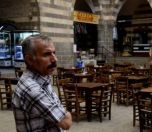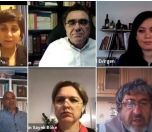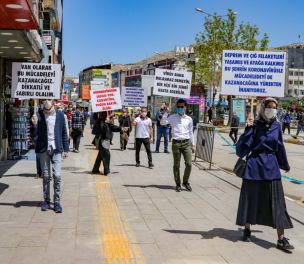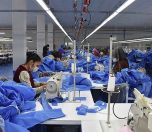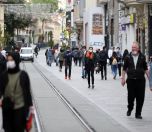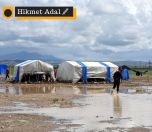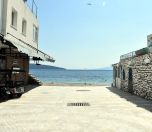How Has Pandemic Affected Economy in Southeastern and Eastern Turkey?

Click to read the article in Turkish
Since the first novel coronavirus (COVID-19) case was officially confirmed in Turkey on March 11, 2020, a series of measures have been taken to curb the spread of the disease in the country, which has affected not only the social lives of people, but the economy as well.
But, how has the pandemic affected the economy in the southeastern and eastern provinces of Turkey? How do the commerce and industry chambers describe the current economic situation in the region?
Diyarbakır Chamber of Commerce and Industry (DTSO) Chair Mehmet Kaya, Elazığ Chamber of Commerce and Industry (ETSO) Chair Asilhan Arslan, Van Chamber of Commerce and Industry (VANTSO) Chair Necdet Takva, Batman Chamber of Commerce and Industry (BATSO) Abdülkadir Demir and Antep Chamber of Industry (GSO) Chair Adil Sani Konukoğlu have spoken to bianet about how the pandemic has affected the economy in their cities, how many people have lost their jobs and how much state support has reached the ones who are in need.
While the Chairs of Diyarbakır, Elazığ, Van and Batman Chambers of Commerce and Industry say that the most important areas of employment are now closed in their cities and the state aid falls short of covering the losses incurred by the pandemic, Chair of Antep Industry Chamber says, "With the state aid granted to employers, closed businesses could pay the wages of their employees. No one has been let to suffer in our region."
'90 percent cannot benefit from state aid'
Diyarbakır Chamber of Commerce and Industry (DTSO) Chair Mehmet Kaya: "The main area of employment in Diyarbakır is the service sector. While agriculture ranks second, construction ranks third. There are small- and medium-sized industrial plants in addition to this. The sectors of construction, industry and services have been affected by the pandemic by 60 percent. The marble and textile firms in the organized industrial zone have been closed in this process.
"Almost 10 thousand businesses such as cafes, restaurants and coffee houses were closed by the decree of the Ministry of Interior in the beginning of the outbreak. A vast majority of people working there were working without insurance and for daily wage. Thus, we cannot give an exact number. But these people are now unemployed and do not receive support of any kind.
"Medium-sized enterprises are trying to protect their workers with short-time working allowance, but if they do not restart producing, they will also become unemployed after some time. Around 60 percent of textile firms have also suspended production during the outbreak. We do not know whether they can resume producing. It would be early to make a comment.
"According to a survey conducted by the SAMER [Research Center], 70 percent of businesses are currently closed. 90 percent of them do not benefit from state support. Small-sized enterprises cannot benefit from that anyway, other enterprises have benefited more."
'15-20 thousand unemployed in service sector'
Elazığ Chamber of Commerce and Industry (ETSO) Chair Asilhan Arslan: "The economy of Elazığ was affected by the earthquake on January 25 a lot. Only 30 percent of workplaces damaged in the earthquake could keep their heads above the water. 70 percent of businesses trapped under collapsed buildings have gone out of business.
"And, then, with the outbreak, the economy has come to the verge of total collapse. 50 percent of the population live on agriculture and livestock farming. Construction, marble, mining and plastics are other important means of livelihood. 90 percent of the plastics industry was dependent on Chinese market. It has been seriously affected by the pandemic.
"75 percent of service and retail sector has been affected as well. Only in this sector, 15-20 thousand people have become unemployed. We do not know how many workplaces will reopen or how many people will get back to their work. We will see the real picture in the aftermath of the outbreak. The Governor's Office gives support now, but it is not enough."
'A serious problem with employment'
Van Chamber of Commerce and Industry (VANTSO) Chair Necdet Takva: "Almost 1,000 cafes, restaurants and hotels have been closed in Van as part of the first measures taken against the outbreak. 5,000 people have got unemployed. Some of them have benefited from short-time working allowance, some of them have lost their jobs.
"People here mostly work in the construction sector. But the construction sector does not carry on business. So, there is a serious problem with employment. We do not know how much state support has reached the ones in need. We will see it more clearly in the upcoming period."
'10 thousand textile workers now unemployed'
Batman Chamber of Commerce and Industry (BATSO) Abdülkadir Demir: "The most important area of employment in Batman is the textile sector. There are over 20 thousand textile workers. At least half of them are now unemployed. While some have been given unpaid leave, some have benefited from short-time working allowance or are partly working.
"In the recent period, almost 15 firms have started to produce face masks, some of them have halted work while others are trying to keep their heads above the water by producing less.
"State aid is not sufficient. Industrialists and employers have not been provided with sufficient support. 8 million has been given in aid, but we have 4,500 members, it could have been more."
'No one has been let to suffer'
Gaziantep Chamber of Industry (GSO) Chair Adil Sani Konukoğlu: "None of the industrialists in Antep has dismissed workers. Workers have been made to use their leaves or started working from home or made to use their annual leaves. Unpaid leave was not the case, either. Workers have not been let to suffer in any way at all.
"However, the sales have dropped, several businesses have remained closed for a month or so. Healthcare and food sectors have worked by a hundred percent. With the state aid granted to employers, the closed businesses could pay the wages of their employees. No one has been let to suffer in our region." (RT/SD)
Prosecutors seek up to three years in prison for 139 arrested during İmamoğlu protests

Pro-Kurdish group at center of İmamoğlu investigation slams ‘coup amid peace talks’

KONGRA-GEL leader backs Öcalan's statement
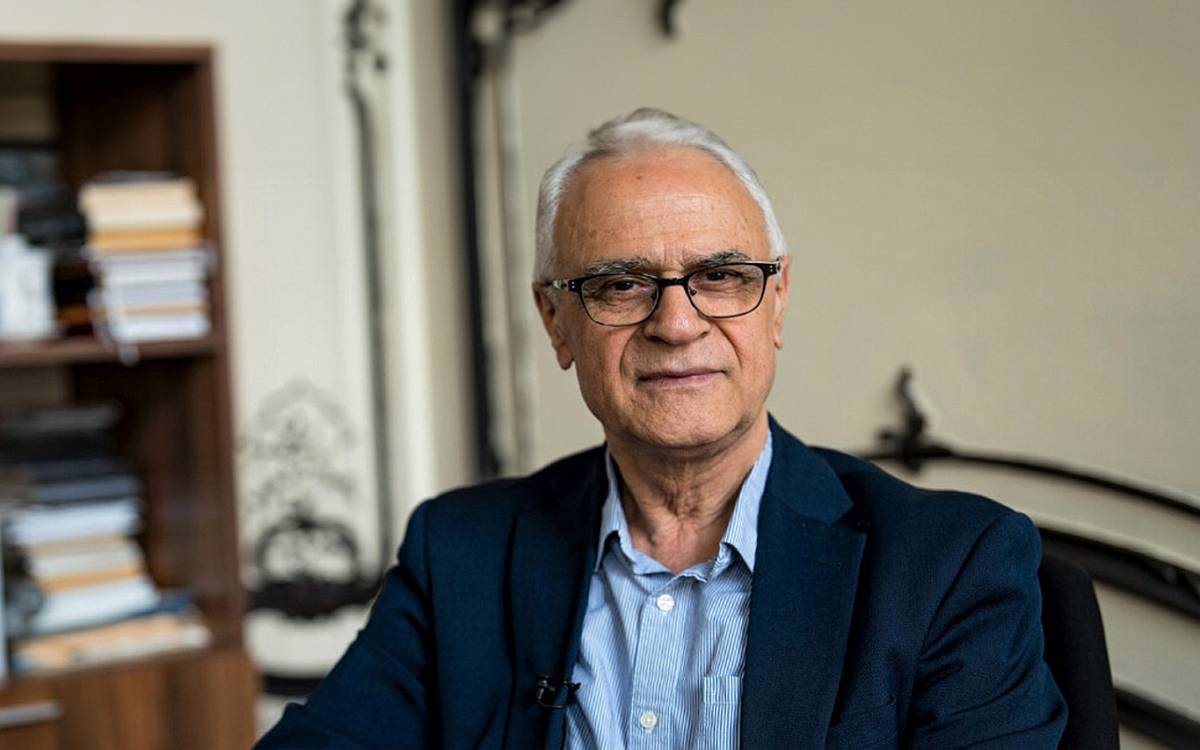
Detentions targeting pro-Kurdish group protested at İstanbul Courthouse
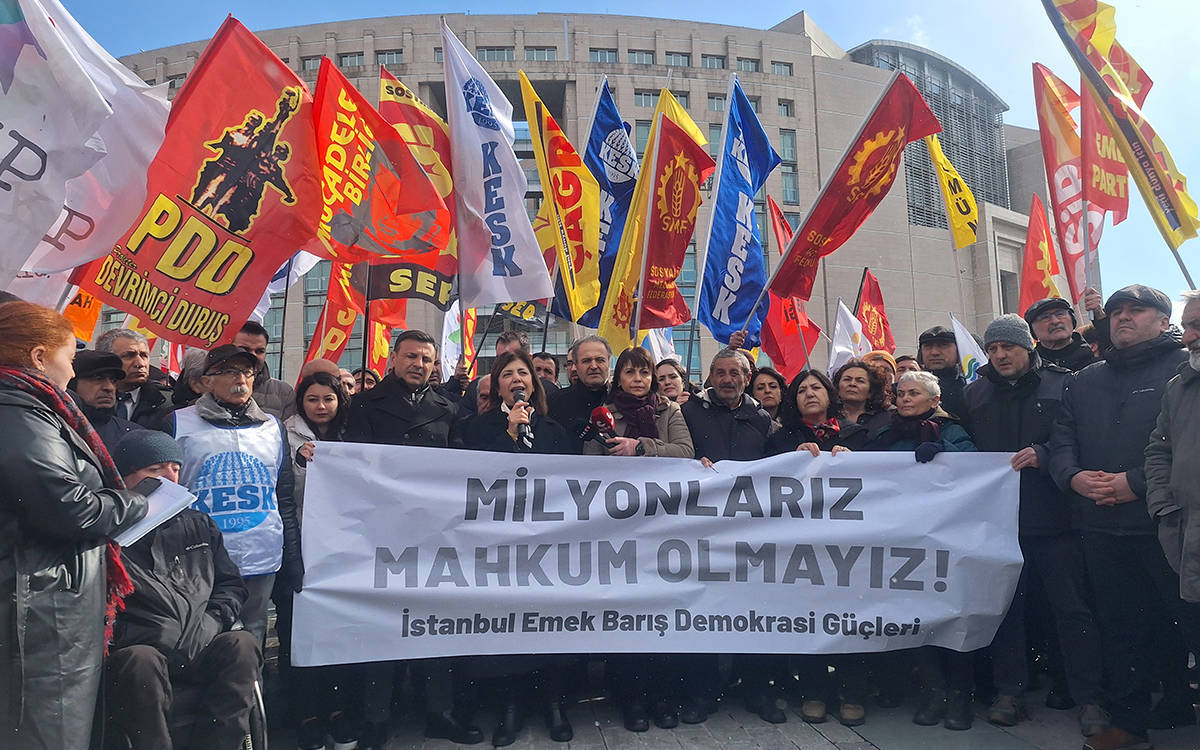
Survey: Erdoğan’s AKP seen as most capable party of resolving Kurdish issue
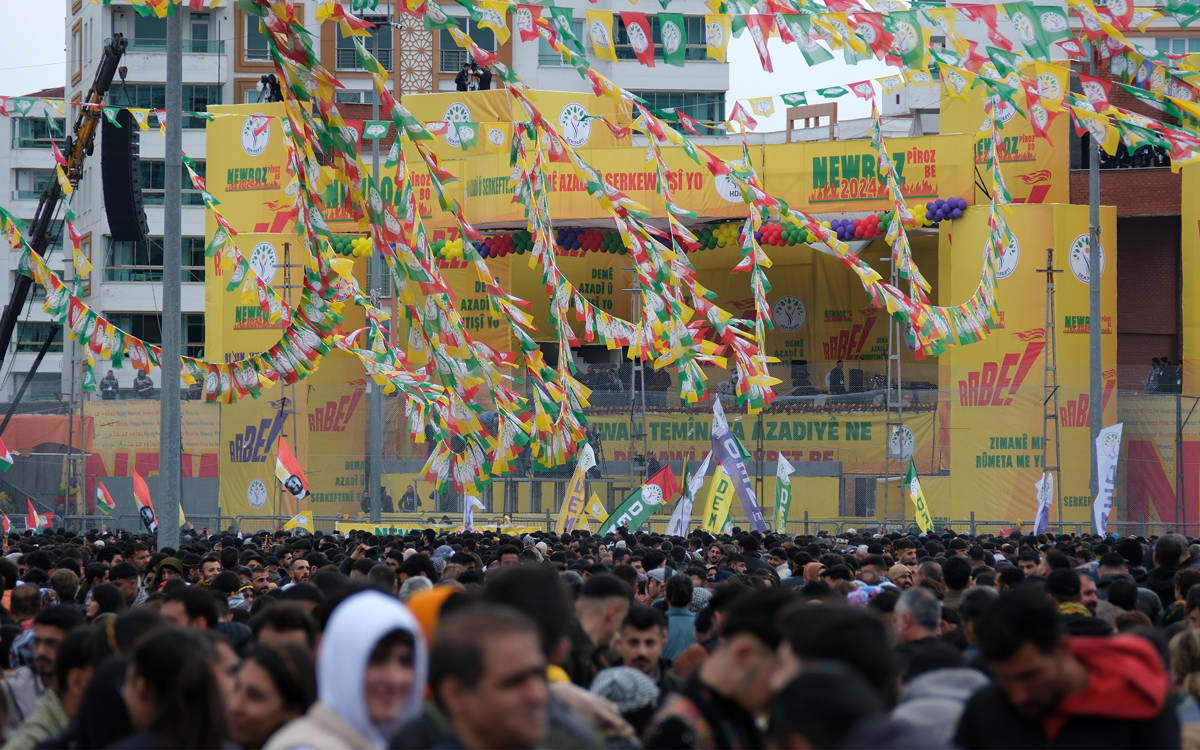





a.jpg)
